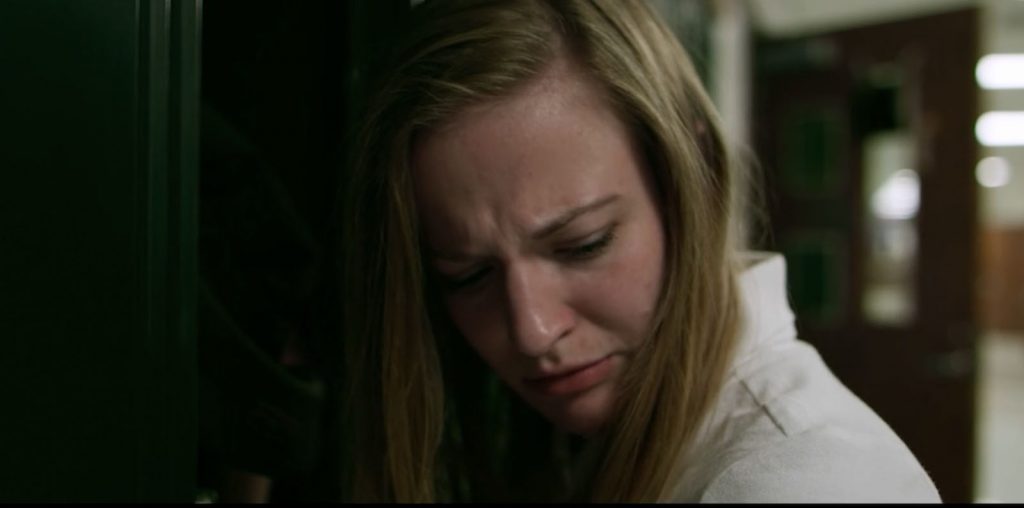
“Fabulous! The Story of Queer Cinema” seeks to present the trajectory of gay and lesbian themes in American movie history. Oddly, this journey is full of holes and less-than-fabulous insight.
This documentary pinpoints Kenneth Anger’s 1947 “Fireworks” as the starting point of queer cinema, although blatant gay and lesbian characters could be spotted in films going back to the silent era. Hollywood itself banned homosexuality under its Production Code, but “Fabulous!” fails to mention the first studio film to openly address the subject (“Tea and Sympathy” from 1956). In fact, “Fabulous!” either ignores the earliest Hollywood attempts to incorporate homosexuality into plotlines (“The Children’s Hour,” “Reflections in a Golden Eye,” “The Sergeant,” and the Oscar-winning “The Lion in Winter”) or it gives a fleeting mention to these productions (“Boys in the Band” is cited strictly by flashing a movie poster).
Queer cinema has flourished primarily through independent productions, and the film provides clips from some of these efforts, most notably John Waters’ “Female Trouble” and Gus Van Sant’s “Mala Noche.” The studio system’s occasional nod to the subject is cited, albeit using posters and publicity stills rather than scenes from “The Rocky Horror Picture Show,” “Making Love,” “Personal Best” or “Basic Instinct.” “Cruising,” the 1980 Al Pacino thriller that created a major controversy in its day, is ignored.
And that’s the main problem with “Fabulous!” For every film that is cited, there seems to be three or four movies that are either omitted or receive token acknowledgment. Some aspects are stressed, such as the significance of including non-white actors in these films, but other tangents such as the gay porn industry (the only genuine commercial success area in this genre) are not presented. Andy Warhol is cited for “Blow Job,” but there’s no word about “My Hustler” (which offered an unapologetic view of gay Fire Island life). There is talk on the importance of coming out, but not on the dangers it presents to one’s career (TV comic Ellen DeGeneres is presented as a hero, but Anne Heche, whose rising A-list movie stardom was wrecked when she announced her love for DeGeneres, is not brought up).
The film also takes a cue from those VH-1 cultural retrospective shows by having an endless number of celebrities offering sound-bite chomps of obvious commentary rather than a serious insight on the subject at hand. Some of the people here clearly earned their cred as pioneers in the field, including Todd Haynes, Christine Vachon, Marcus Hu and Jennie Livingston. Others, such as gossipmeister Michael Musto and actors Marga Gomez and Peter Paige, are not quite in the same league. Yet no matter who is on screen, the effect grows monotonous.
As an elementary guide to the gay and lesbian film world, “Fabulous!” is an okay start. But the bigger picture isn’t here.
